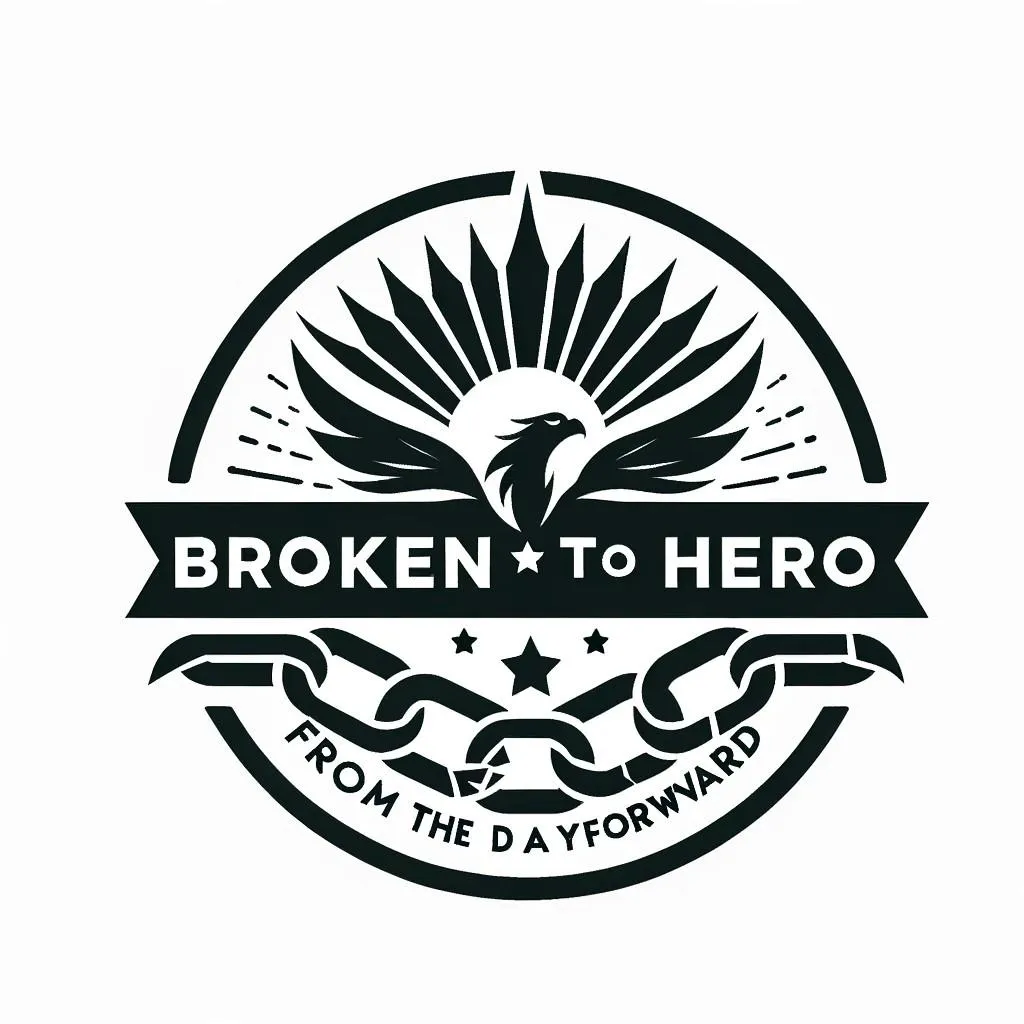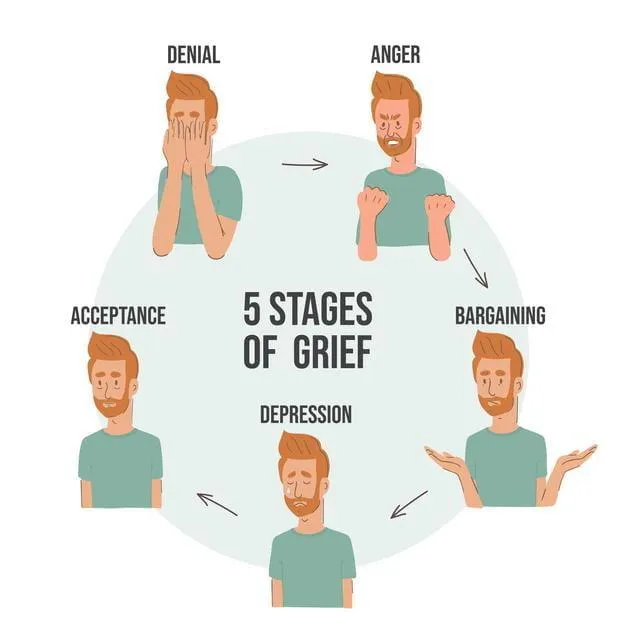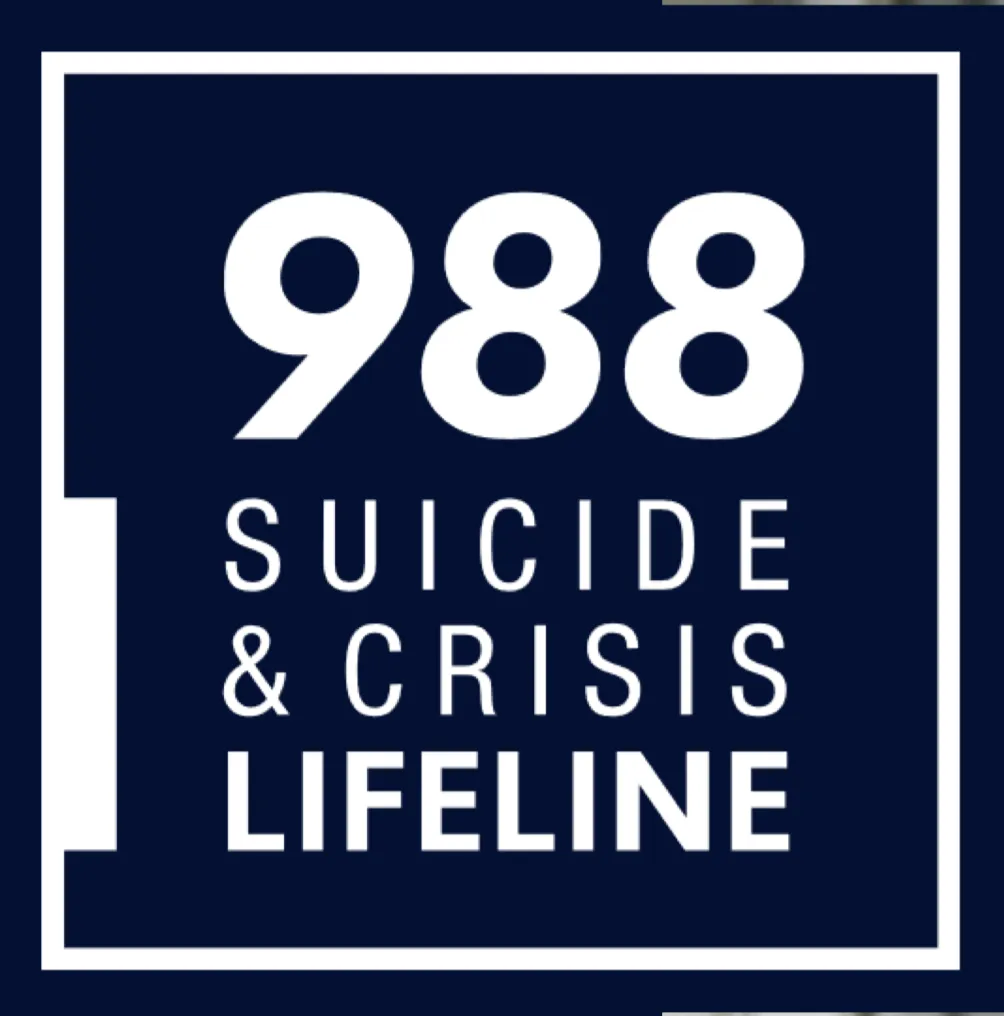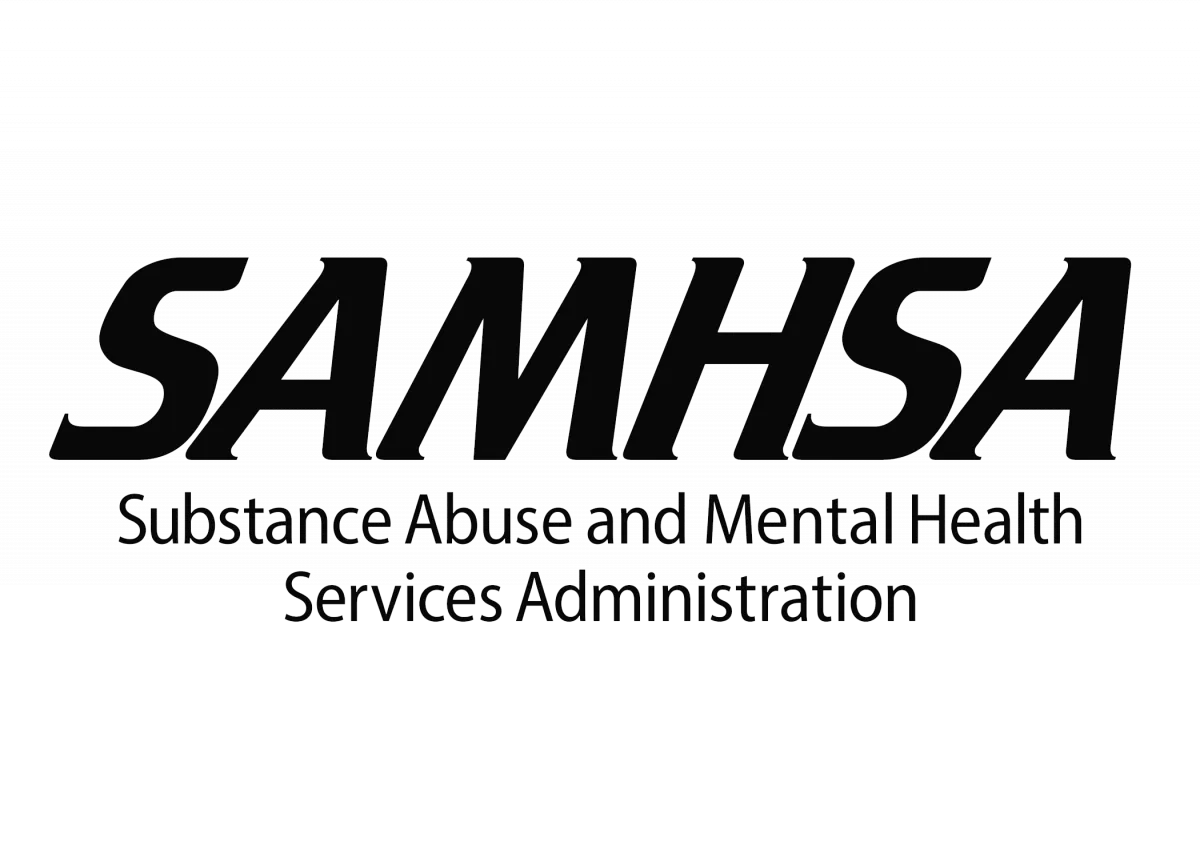FAQS
How does life coaching differ from therapy?
While both life coaching and therapy aim to support personal growth, they have distinct approaches. Therapy typically focuses on addressing past traumas, emotional healing, and diagnosing mental health conditions. On the other hand, life coaching is forward-focused, centered around setting and achieving goals, enhancing performance, and unlocking potential. If you're seeking to overcome specific challenges from your past, therapy might be more suitable. If you're looking to create a roadmap for personal or professional success, life coaching could be the right fit.
How often are coaching sessions conducted?
Coaching sessions frequency can vary based on your needs and preferences. Typically, we recommend starting with weekly sessions to establish momentum and make consistent progress. As you gain confidence and traction towards your goals, sessions might transition to bi-weekly or monthly. The flexibility of our approach ensures that the coaching frequency adapts to your evolving requirements, ensuring optimal support and accountability.
What if I'm unsure about my goals and direction?
It's completely normal to feel uncertain about your goals and direction. Our coaching process begins with an initial assessment where we'll work together to clarify your aspirations, values, and priorities. Through insightful questioning and exploration, we'll collaboratively uncover your passions and potential areas for growth. If you're not entirely sure about your goals, our coaching can help you gain clarity and chart a course that aligns with your authentic self. Remember, the journey towards clarity is an integral part of the coaching process itself.

If you or someone you know is struggling or in crisis. Help is available.
Call or text 988 Suicide & Crisis Lifeline or chat 988lifeline.org

Grief
Grief is a profound emotional response to loss, encompassing a range of feelings such as sadness, anger, confusion, and despair. It is a deeply personal experience that varies significantly from person to person, often influenced by the nature of the loss, individual coping mechanisms, and cultural or social factors. Grief can affect every aspect of a person's life, from their physical health to their mental well-being, and may manifest in waves, with varying intensity over time.
While it is a natural and necessary process for healing, the journey through grief requires patience, self-compassion, and support from others, as it ultimately helps individuals find a new sense of normalcy and meaning in their lives.
Stages of Grief

The stages of grief, as originally outlined by Elisabeth Kübler-Ross in her 1969 book "On Death and Dying," include five distinct phases: denial, anger, bargaining, depression, and acceptance.
1. Denial: This initial stage involves disbelief and shock, serving as a defense mechanism to buffer the immediate impact of the loss.
2. Anger: As the reality of the loss sets in, individuals may experience frustration and helplessness, often directing their anger at themselves, others, or the situation.
3. Bargaining: During this stage, individuals may dwell on "what if" scenarios, seeking to negotiate or make deals in hopes of reversing or lessening the loss.
4. Depression: This stage is marked by deep sadness, withdrawal, and a sense of hopelessness as individuals confront the magnitude of their loss.
5. Acceptance: The final stage involves coming to terms with the loss, finding ways to move forward, and integrating the loss into one's life in a meaningful way.
It's important to note that these stages are not linear and can vary widely in duration and intensity for each person. Some may experience them in a different order or revisit certain stages multiple times as they process their grief.
Treatment Options

The best treatment options for grief depend on individual needs and the severity of the grief. Here are some effective approaches:
1. Therapy: Talking to a professional, such as a grief counselor or therapist, can provide valuable support. Cognitive-behavioral therapy (CBT) and grief-specific therapy can help individuals process their emotions and develop coping strategies.
2. Support Groups: Joining a support group with others who are experiencing similar losses can provide a sense of community and understanding. Sharing experiences and hearing others' stories can be comforting and help in the healing process.
3. Medication: In some cases, medication may be prescribed to manage symptoms of depression or anxiety that can accompany grief. This should be done under the guidance of a healthcare provider.
4. Self-Care: Practicing self-care is crucial. This includes maintaining a healthy diet, getting regular exercise, ensuring adequate sleep, and engaging in activities that bring joy or relaxation.
5. Mindfulness and Meditation: Techniques such as mindfulness, meditation, and yoga can help individuals stay grounded and manage overwhelming emotions.
6. Creative Outlets: Engaging in creative activities such as writing, painting, or music can provide an outlet for expressing grief and can be therapeutic.
7. Rituals and Memorials: Creating rituals or memorials to honor the deceased can provide a sense of closure and a way to keep their memory alive.
8. Education: Learning about the grief process can help individuals understand their feelings and realize that their experiences are normal.
9. Social Support: Leaning on friends and family for support can provide emotional comfort and practical assistance during the grieving process.
It's important to find a combination of treatments that work best for the individual, and to seek professional help if grief becomes overwhelming or prolonged.
Available Help
988 Suicide and Crisis Lifeline We can all help prevent suicide. The 988 Lifeline provides 24/7, free and confidential support for people in distress, prevention and crisis resources for you or your loved ones, and best practices for professionals in the United States.
Find A.A. Near You This website does not contain a meeting finder. Contact one of the A.A. resources below for a meeting list in that location and the surrounding area.
The Online Intergroup of Alcoholics Anonymous, or OIAA, is an International service organization established in accordance with the Ninth Tradition of Alcoholics Anonymous A.A., specifically for the purpose of assisting online.
All of the efforts of Narcotics Anonymous are inspired by the primary purpose of our groups. Upon this common ground we stand committed.
Marijuana Anonymous is a simple program based on one addict helping another.
A simple, supportive approach to mental health care. Find a therapist who fits your needs and takes your insurance.
The United States Department of Veterans Affairs is a Cabinet-level executive branch department of the federal government charged with providing lifelong healthcare services to eligible military veterans at the 170 VA medical centers and outpatient clinics located throughout the country.
NAMI is the National Alliance on Mental Illness, the nation’s largest grassroots mental health organization dedicated to building better lives for the millions of Americans affected by mental illness.
If you or someone you know has a mental illness, is struggling emotionally, or has concerns about their mental health, there are ways to get help.
The Substance Abuse and Mental Health Services Administration (SAMHSA) is the agency within the U.S. Department of Health and Human Services (HHS) that leads public health efforts to advance the behavioral health of the nation and to improve the lives of individuals living with mental and substance use disorders, and their families.
The National Network of Depression Centers (NNDC) develops and fosters connections among members to use the power of our network to advance scientific discovery, and to provide stigma free, evidence-based care to patients with depressive and bipolar illnesses.












